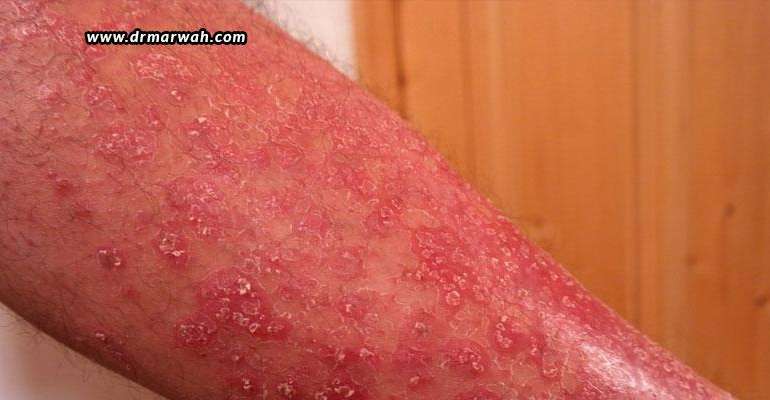Lots of women, after a certain age, are seen to be uncomfortable and embarrassed because of one of the most common symptoms seen of ageing – urinary incontinence. Some women may be able to face the problem and speak about it to a medical practitioner right away, while others may feel shy or awkward to even mention it. But, with the fact being that almost half of the women suffer from urinary incontinence after a certain point of time in life, it shouldn’t be a matter of coyness to be open about it. However, if you are really shy to speak about it to a practitioner, we bring to you this blog that can help you understand everything about the problem so that you can try to handle and manage the condition on your own, and clear any doubts that you may have.
Types Of Urinary Incontinence
Urinary incontinence could be of two types – stress incontinence and urge incontinence.
Stress incontinence – This involves leaking of urine with simple actions like sneezing, coughing, and laughing. Even exercises like running, jumping, and pelvic floor muscle exercises can cause urine leakage. This is common in women who give birth at a younger age.
Urge incontinence – This involves a sudden urge to urinate with leakage of small to large amounts of urine, during both day and night. This is common in women who are overweight or those who have diabetes or neurological issues.
Treating the Condition
Whatever kind of urinary incontinence you have, there is a way to take charge and manage the condition. But for this, you have to first speak to a healthcare provider. Once you speak to the practitioner, he will suggest you the right medications and exercises that can strengthen your bladder and its performance. All other factors like diabetes, constipation, menopausal changes, etc. that can only worsen the situation will also be identified, and medications will be given for the same. Once the situation is under control, then you need to take care of the area.
Taking care of the area – Any skin rashes and infections in the genital area can worsen the situation. And, when women use menstrual pads, folded paper towels, or balled-up tissues to control their urinary incontinence, the genital area is even more affected. Thus, it is very important to keep the area clean and hygienic. If moisture isn’t rightly absorbed, it will damage the skin and cause problems. You can use petroleum jelly or barrier ointments to protect the skin and keep away the moisture. Also, make sure you bathe regularly and keep yourself clean at all times.
Other changes – You should take utmost care of your lifestyle changes, which involve your diet, your routines, and your behaviour. All of these affect your genital areas! It’s true! Taking therapies and consultations to control all of this is important, as it will make you realize how all of this can matter. You should maintain a healthy diet and increase your fluid intake. Avoid taking all kinds of alcohol, acidic drinks, sodas, black tea, green tea, and caffeine. Also, you should make changes in your medications by asking your doctor to dismiss all those pills that can harm your urinary tract.
If you suffer from urinary incontinence, worry not, because you are not alone. So, don’t be shy, and speak to a healthcare provider because it is only he who can help you treat your condition in a better way. Follow all his instructions and be cautious with all your physical behaviours and diet intakes. You may also undergo a urinary incontinence laser treatment in Mumbai at Dr. Marwah’s Clinic to treat your condition safely and effectively by having your vaginal wall tightened which indirectly helps the bladder wall to tighten up thus no kind of urine leakage takes place. It is a safe non-surgical procedure that treats the vagina and the bladder wall to make it firm and lubricated.


